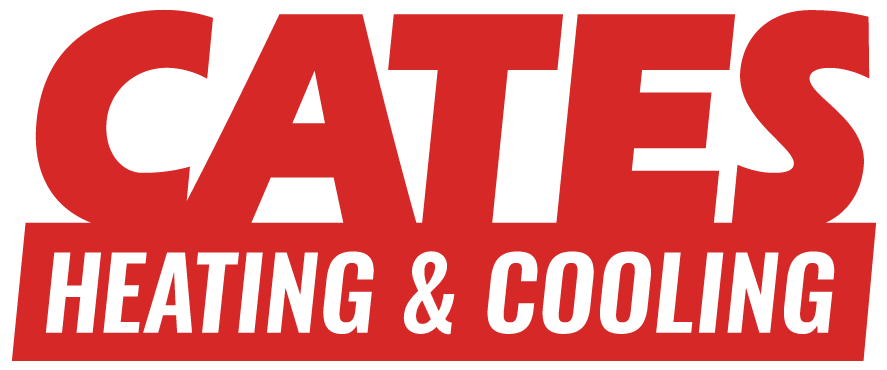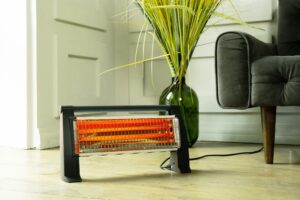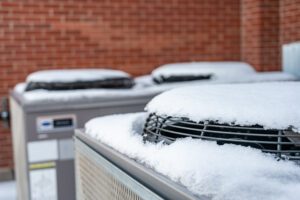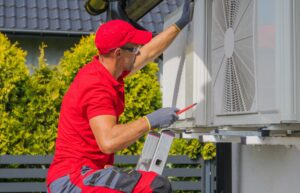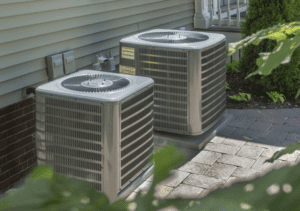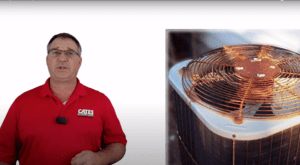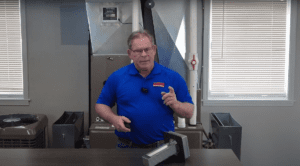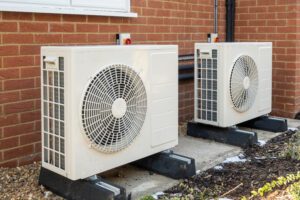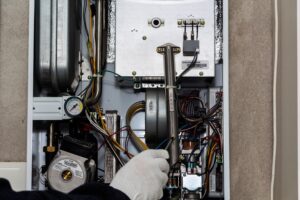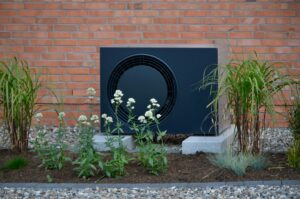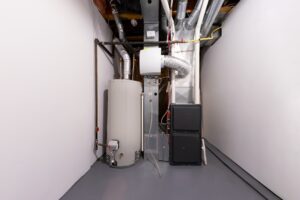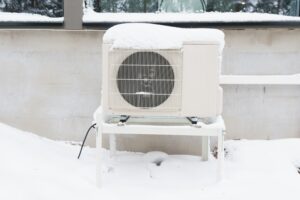It is no secret that HVAC systems can be quite noisy, but not all noises are normal. Between the mechanics of the unit and the moving air, there can be a lot of noise involved in heating a home. However, if you start to hear a whistling noise, it might start to drive you a little crazy. What does that whistling sound mean, though?
In reality, there are many different things that could cause a whistling sound in your heater. Some of these problems you can fix yourself, while others will require the help of a professional HVAC technician.
Possible Causes of Whistling You Can Fix
Here are a few of the possible causes of heater whistling that you can handle yourself.
- Blocked Return Vent: When debris or dust block a return vent, you might start to hear a whistling noise in your home. To solve the problem, clean the vent off to allow for better airflow.
- Blocked or Shut Off Supply Vent: Just like a blocked return vent can cause whistling, a closed or blocked supply vent can cause a whistling noise. Whether the supply vents are closed using the lever seen on the vent grate or are covered by furniture, the blockage can lead to strange noises, including whistling. Make sure to leave the vents open and move any furniture that could be covering the supply vents.
- Shut Dampers: When the dampers—metal valves that can be closed to prevent the delivery of air to certain parts of your home—are closed or partially closed, a whistling noise may be present. You will have to locate the damper levers to make sure that they are positioned correctly.
- Dirty Ducts: Ducts can get pretty dirty. If your ductwork hasn’t been cleaned in a while, all kinds of things could be in there causing airflow problems, which could lead to a whistling sound. Large debris is especially problematic. Remove dust, dirt, and any small items that have made their way into your ductwork to eliminate the noise.
- Closed Doors: While keeping doors closed may seem like a great way to keep rooms private, too many closed doors could cause your HVAC system to become starved. A starved system occurs when too many return grilles are located in central areas, while supply vents are located in smaller rooms behind closed doors. Closed doors require air to sneak through the small gaps around the doors to get back to the return grille. This causes the blower to work harder, which leads to a whistling sound.
Possible Causes of Whistling a Professional Needs to Fix
While all of the previous problems can be quickly solved by nearly any homeowner, there are some causes of a whistling HVAC system that can only be resolved by the hands of a trained technician. Here are a few of those instances.
- Small Return Grille: If the ductwork’s return grille is too small, you will notice that a lot of air is trying to force its way through a small area. When this occurs, you are likely to notice a high-pitched noise similar to a whistle.
- Oversized HVAC System: If your HVAC system is too large, it could be trying to push more air through your ductwork than the ductwork was made to handle, and this can cause a whistle.
- Too Few Return Inlets: You might not have enough return grilles to return enough air to the inside unit.
- Blower Wheel Issues: Blower wheel or fan problems can lead to a whistling sound. This sound will originate at the furnace.
If you troubleshoot the whistling problem but can’t fix it yourself, it is time to call out a professional. Cates Heating and Cooling’s expert HVAC technicians can diagnose the cause of the whistling sound your heater is making. Cates Heating and Cooling is proud to service the Kansas City Metro Area. To speak to a Cates technician in Kansas, call 913-888-4470 today. If you are located in Missouri, call 816-944-1844.
